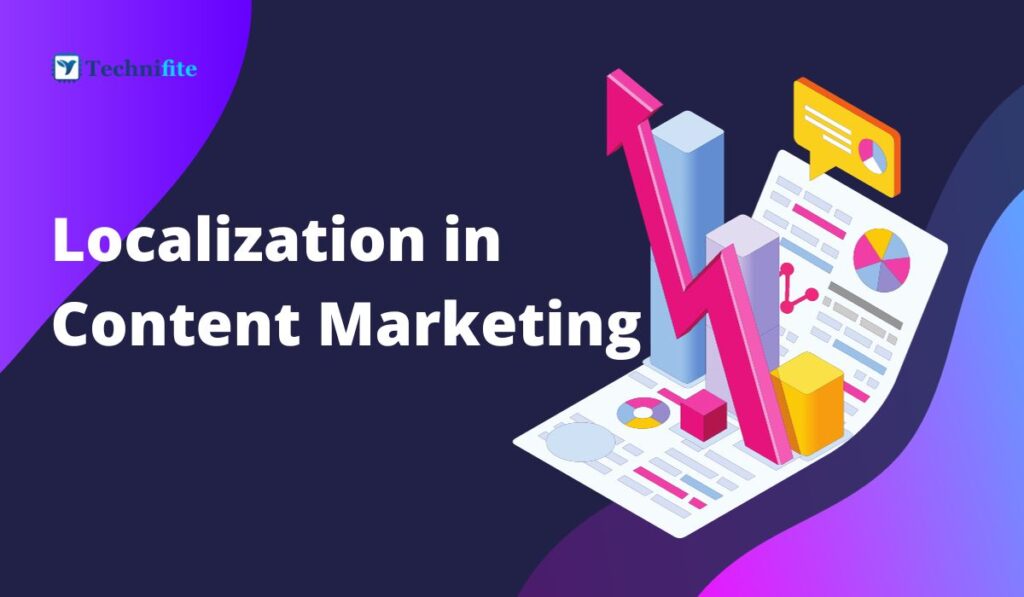Content Marketing for B2B: In the complex realm of B2B marketing, where decisions are often collaborative and the sales cycle is protracted, content marketing emerges as the linchpin for success. This deep dive into B2B content marketing strategies goes beyond the surface, aiming to uncover the intricacies that set apart successful campaigns and drive tangible results.
Navigating the B2B Landscape: Challenges and Opportunities
Understanding the nuances of B2B content marketing begins with acknowledging businesses’ unique challenges in this space. Longer sales cycles, intricate decision-making processes involving multiple stakeholders, and the demand for highly specialized information necessitate a strategic and tailored approach. Yet, within these challenges lie opportunities for building lasting relationships and establishing industry authority.
1. Audience-Centric Approach: Defining Your Targets and Objectives
The foundation of any successful content marketing strategy lies in a meticulous understanding of the target audience. In the B2B context, this involves identifying decision-makers and understanding the intricate web of influencers within an organization. Creating buyer personas and mapping the buyer’s journey are indispensable steps in crafting resonating content. Moreover, setting clear goals, whether lead generation, brand awareness, or thought leadership, is crucial in shaping a coherent and effective content strategy.
2. Educational Content: A Beacon of Value
B2B buyers are not looking for mere products or services; they seek solutions to their complex challenges. Your content should function as a beacon of value and education. This means moving beyond superficial promotions to investing in in-depth guides, whitepapers, webinars, and case studies that showcase your industry expertise. Establishing your brand as a thought leader builds trust and positions you as a go-to resource within your niche.
3. Diversification of Content Formats: Crafting an Engaging Symphony
Content marketing is not a one-size-fits-all endeavour. Diversification of content formats is the key to engaging a diverse audience. While blog posts are essential for conveying detailed information, infographics, podcasts, videos, and interactive tools cater to different learning styles. The challenge lies in aligning the format with the message and ensuring that each piece contributes to a harmonious content symphony.
4. SEO as the Pillar of Discoverability
Exceptional content remains dormant if it’s not discoverable. This is where a robust SEO strategy comes into play. Keyword research, on-page optimization, and creating content aligned with user intent are paramount. By implementing SEO best practices, your content climbs the ranks in organic searches and establishes your brand as a reliable authority within your industry.
5. Personalization and the Rise of ABM
Personalization is not a luxury in a B2B landscape characterized by intricate relationships but a necessity. Tailoring content to specific industries, job roles, and pain points enhances relevance. Account-Based Marketing (ABM) takes personalization to the next level, allowing for the creation of highly targeted content that speaks directly to the unique needs of individual companies. This targeted approach builds stronger connections and facilitates more meaningful engagements.
6. Social Media Mastery: Building Bridges in the Digital Realm
The digital age has transformed social media into a powerhouse for B2B marketers. Platforms like LinkedIn, Twitter, and industry-specific forums provide unparalleled opportunities to share content, engage with your audience, and establish thought leadership. Crafting a social media calendar, actively participating in industry conversations, and judiciously employing paid promotion are essential steps in expanding your brand’s digital footprint.
7. The Enduring Power of Email Marketing
While newer channels vie for attention, email marketing remains a steadfast pillar in the B2B content marketing arsenal. Creating targeted email campaigns that nurture leads, deliver valuable content, and guide prospects through the sales funnel is an art. Automation tools enhance personalization by tailoring messages based on user behaviour, ensuring that your emails are timely and highly relevant.
8. Metrics, Analysis, and the Iterative Cycle
To refine and optimize your B2B content marketing strategy, a commitment to continuous improvement is non-negotiable. Analytics tools are your compass, guiding you through the performance metrics of your content across various channels. From engagement rates to conversion metrics and lead generation statistics, this data is the currency of improvement. Armed with insights, iterate on your strategy, optimizing what works and adjusting where necessary. This iterative cycle ensures your content strategy remains dynamic, responsive, and aligned with evolving market trends.
Conclusion: Content Marketing as the Guiding Light for B2B Success
In the dynamic landscape of B2B marketing, content is not just a vehicle for messages; it’s the guiding light that illuminates the path to success. By deeply understanding your audience, creating value-laden content, diversifying formats, optimizing for search engines, personalizing your approach, mastering social media and email marketing, and embracing a culture of measurement and improvement, you can forge not just transactions but lasting relationships with your B2B audience. Content marketing transcends the realm of buzzwords; it’s the dynamic force propelling modern B2B marketers toward sustained growth and enduring success.

